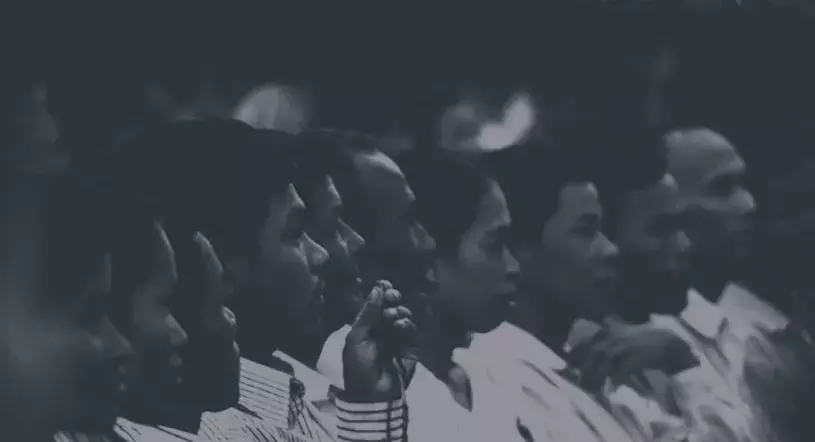Error message

On 7 August 2014, the Extraordinary Chambers in the Courts of Cambodia (ECCC) reached an important institutional milestone when the Court published its long-awaited Trial Judgment in the first case against two of the surviving alleged senior leaders of the Khmer Rouge—Nuon Chea and Khieu Samphan ("Case 002/01"). The Court found both men guilty of crimes against humanity, and sentenced them each to life imprisonment, while awarding "moral and collective reparations" to the 3,869 Civil Parties participating in the trial. Despite hopes that the five-year process of judicial investigation, trial, deliberation, and Judgment-drafting would produce a rigorous and insightful final product, in reality, as this report argues, the Case 002/01 Judgment fails to deliver the most fundamental output one expects from a criminal trial—systematic application of the elements of crimes to a well-documented body of factual findings. Based, in part, on insight gained from the continuous presence of a team of trial monitors throughout trial, this report provides commentary on how a contentious and confusing trial process in Case 002/01 ultimately produced a similarly problematic final Judgment.
Hard copies may be purchased from Amazon.com.
On 7 August 2014, the Extraordinary Chambers in the Courts of Cambodia (ECCC) reached an important institutional milestone when the Court published its long-awaited Trial Judgment in the first case against two of the surviving alleged senior leaders of the Khmer Rouge—Nuon Chea and Khieu Samphan ("Case 002/01"). The Court found both men guilty of crimes against humanity, and sentenced them each to life imprisonment, while awarding "moral and collective reparations" to the 3,869 Civil Parties participating in the trial. Despite hopes that the five-year process of judicial investigation, trial, deliberation, and Judgment-drafting would produce a rigorous and insightful final product, in reality, as this report argues, the Case 002/01 Judgment fails to deliver the most fundamental output one expects from a criminal trial—systematic application of the elements of crimes to a well-documented body of factual findings. Based, in part, on insight gained from the continuous presence of a team of trial monitors throughout trial, this report provides commentary on how a contentious and confusing trial process in Case 002/01 ultimately produced a similarly problematic final Judgment.
Hard copies may be purchased from Amazon.com.




